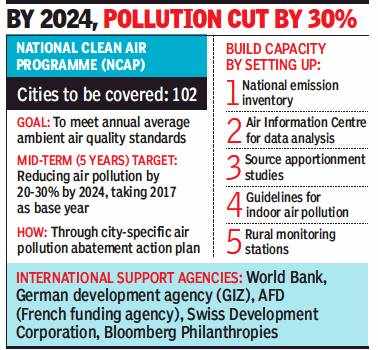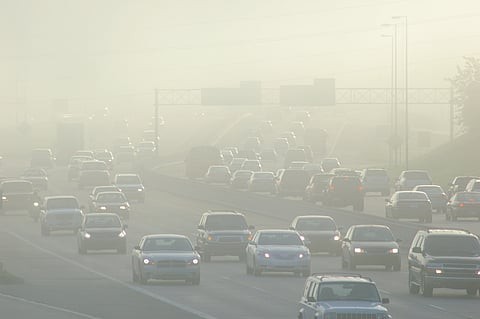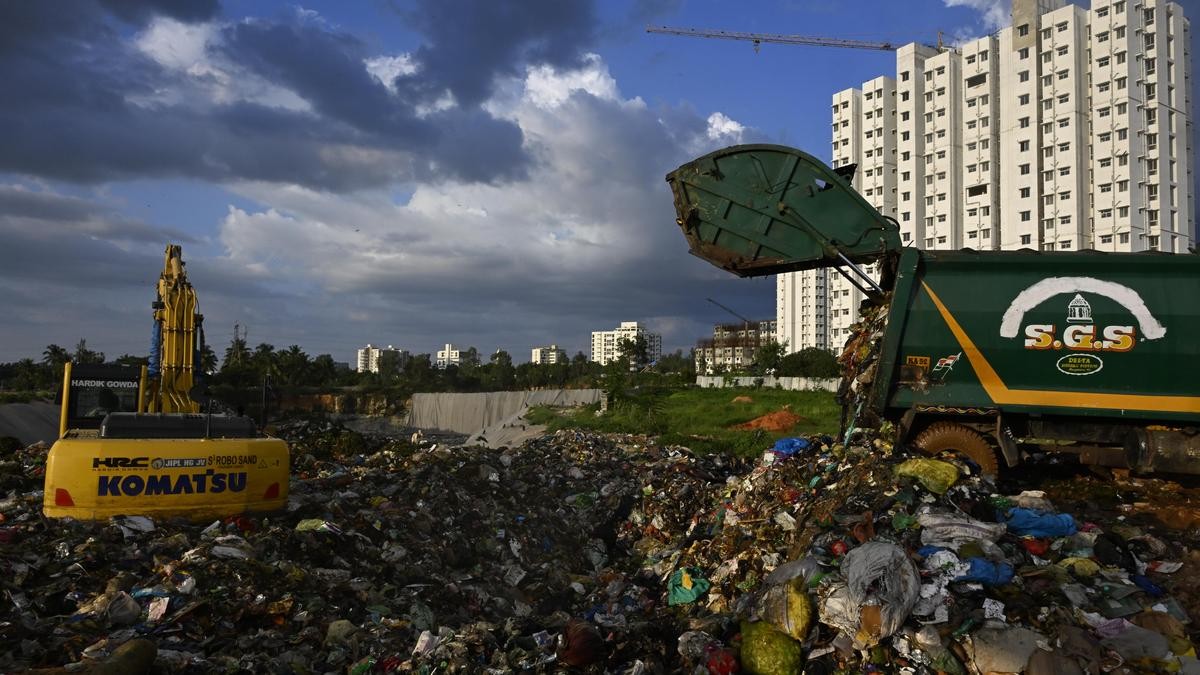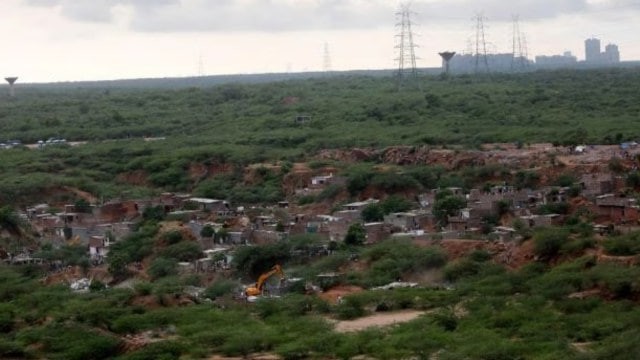Description

Copyright infringement is not intended
Context: Three years into the launch of India’s National Clean Air Program (NCAP) in 2019, analysis of pollution data shows there has been a marginal decrease in pollution levels in targeted cities.
- Insufficient expenditure of funds by the states to ensure air pollution reduction. Several states failed to utilise the funds provided by the Centre under the national clean air programme (NCAP) to control air pollution in their respective states.
About NCAP:
- It was launched in 2019.
- Aim: to reduce pollution by 20-30 % by 2024, particularly in 132 non-attainment cities.
- Fund allocation: Under the NCAP, Rs 375.44 crore was provided to 114 cities from 2018-19 to 2020-2021 and Rs 290 crore allocated to 82 cities for 2021-2022. The programme has an allocation of Rs 700 crore envisaged for 2021-2026.
- Fund utilization data: Data presented at the NCAP’s National Apex Committee recently, shows that most states have underutilised the funds allotted. Only Bihar and Chandigarh used 76% and 81% of the funds received towards NCAP. Uttar Pradesh, which has many of India’s most-polluted cities, used 16% of the allocated Rs 60 crore.
- Target to bring down pollution by 2024:
- Country’s current annual safe limits for PM 2.5 and PM 10 are 40 micrograms/per cubic metre (ug/m3) and 60 micrograms/per cubic metre.
- The NCAP has set a target of reducing key air pollutants PM10 and PM2.5 (ultra-fine particulate matter) by 20-30% by 2024, taking the pollution levels in 2017 as the base year.
- Membership: Apart from experts from the industry and academia, the programme is expected to be a collaboration between the Ministry of Road Transport and Highways, Ministry of Petroleum and Natural Gas, Ministry of New and Renewable Energy, Ministry of Heavy Industry, Ministry of Housing and Urban Affairs, Ministry of Agriculture, Ministry of Health, NITI Aayog, and Central Pollution Control Board.
Why NCAP fund are unutilized?
- It does not have a legal mandate but aims to achieve a 20% to 30% reduction in PM 2.5 (respirable pollution particles) concentrations over 2017 levels in over 100 cities by 2024.
- The number of cities showing improvement in air quality increased from 86 in 2019 to 96 in 2020.
https://indianexpress.com/article/india/tracking-ncap-marginal-dip-in-pollution-levels-states-not-spending-enough-funds-7750459/












